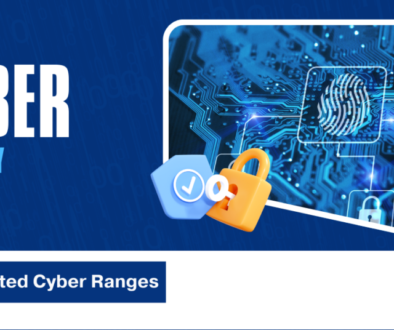Comprehensive Guide to Online Proxy Checking Services
Introduction
Online proxy checking services are essential tools for determining the performance and anonymity level of personal servers. These services help users ensure their proxies are functioning correctly, providing the necessary security and reliability. This guide will cover various aspects of proxy checking, including IPv4 proxy checks, private proxy validation, HTTP(S) and SOCKS(4,5) validation, protocol and location definition, and high-speed checks.
Key Features of Proxy Checking Services
1. Check IPv4 Proxy
IPv4 proxy checking is a fundamental feature of proxy checking services. It involves verifying the functionality and performance of IPv4 proxies, which are widely used due to their compatibility and reliability. This check ensures that the proxy server is operational and can handle requests efficiently.
2. Checking for Private Proxies and None
Proxy-checking services can differentiate between private proxies and public ones. Private proxies offer higher security and better performance as they are dedicated to a single user or a small group. This feature helps users identify the type of proxy they are using and ensures they are getting the expected level of service.
3. HTTP(S) and SOCKS(4,5) Validation
Validation of HTTP(S) and SOCKS(4,5) proxies is crucial for ensuring that the proxy supports the required protocols. HTTP proxies are commonly used for web browsing, while SOCKS proxies are more versatile, supporting various protocols including HTTP, HTTPS, and FTP. This validation ensures that the proxy can handle different types of traffic and provides the necessary security features.
4. Protocol, Country, and City Definition
Proxy-checking services can identify the protocol used by the proxy checker, as well as its geographical location, including the country and city. This information is vital for users who need proxies from specific locations to access geo-restricted content or for other purposes.
- Protocol Identification
Knowing the protocol used by a proxy helps in understanding its capabilities and limitations. For instance, HTTP proxies are suitable for web browsing, while SOCKS proxies are more versatile and can handle various types of traffic, including email and FTP. Identifying the protocol ensures that the proxy meets the specific needs of the user.
- Geographical Location
The geographical location of a proxy, including the country and city, is crucial for accessing region-specific content. For example, a user in the United States might use a proxy located in the UK to access UK-specific streaming services. This feature is also beneficial for businesses that need to test geo-targeted ads or services.

5. High Check Speed
High-speed checks are essential for efficient proxy validation. Proxy checking services are designed to perform these checks quickly, ensuring minimal downtime and fast results.
- Importance of Speed
High check speed is particularly important for users who need to validate multiple proxies or require frequent checks to maintain optimal performance. Fast validation ensures that proxies are always ready for use, reducing the risk of downtime and improving overall efficiency.
- Efficiency in Operations
For businesses that rely on proxies for web scraping, data extraction, or accessing geo-restricted content, high-speed checks ensure that their operations run smoothly. Quick validation allows for immediate identification and resolution of issues, maintaining the continuity of business processes.
Benefits of Using Proxy Checking Services
Ensuring Optimal Performance
Regular proxy checks help maintain the optimal performance of proxies, ensuring they are functioning correctly and efficiently. This is crucial for tasks such as web data extraction, where the reliability of proxies directly impacts the success of the operation.
Enhancing Security and Anonymity
Proxy-checking services help enhance security and anonymity by verifying the proxy’s ability to hide the user’s real IP address. This is important for maintaining privacy and protecting sensitive data online.
Identifying and Resolving Issues
By regularly checking proxies, users can identify and resolve issues such as slow speeds, connection errors, or incorrect configurations. This proactive approach helps in maintaining a smooth and secure online experience.
Protecting Against Malicious Sites and Attacks
Proxy-checking services can help protect against malicious sites and attacks by filtering out harmful content and blocking suspicious websites before they reach your device. This adds an extra layer of security, safeguarding your personal information and data.
Bypassing Geo-Restrictions
Proxies can help users bypass geo-restrictions, allowing access to content that may be blocked in their region. This is particularly useful for accessing streaming services, websites, or other online resources that are restricted based on geographical location.
Improving Network Performance
Proxy servers can improve network performance by caching frequently accessed websites and reducing the load on the website’s servers. This results in faster browsing speeds and a more efficient online experience.
Conclusion
Online proxy checking services are invaluable tools for anyone using proxies. They ensure that proxies are functioning correctly, provide the necessary security and anonymity, and help maintain optimal performance. By understanding and utilizing the features of these services, users can enhance their online experience and protect their data effectively.




July 22, 2024 @ 8:28 pm
I love it when individuals come together and share views.
Great site, keep it up!